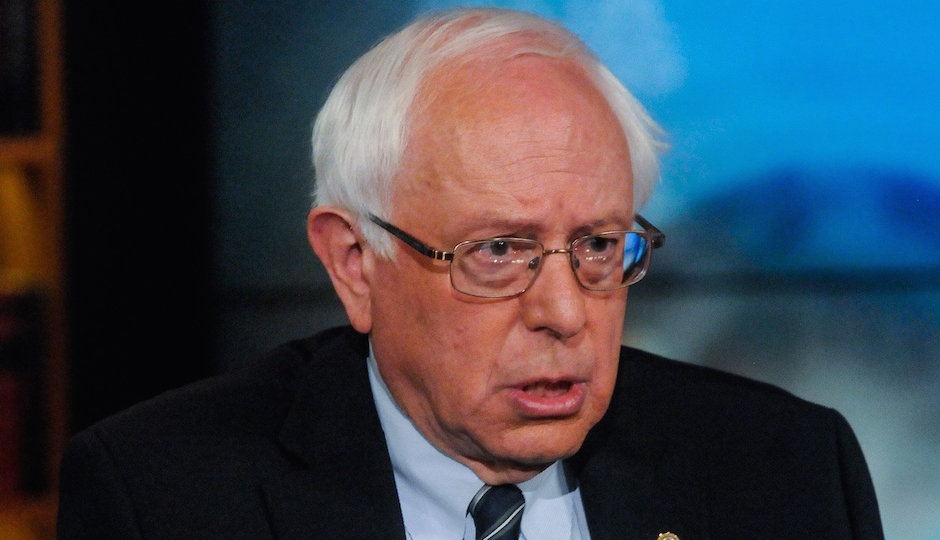Bernie Sanders Op-Ed: A Soda Tax Would Hurt Philly’s Low-Income Families

Photo courtesy of the Bernie Sanders campaign
(Editor’s note: This is an opinion column from guest writer Bernie Sanders. Sanders is a Democratic presidential candidate and U.S. senator representing Vermont. Pennsylvania’s primary is Tuesday.)
I applaud Philadelphia Mayor Jim Kenney for introducing a plan to provide universal preschool for all of his city’s 4-year olds. I strongly share the goal of ensuring that every family has access to high-quality, affordable preschool and childcare.
But I do not support Mayor Kenney’s plan to pay for this program with a regressive grocery tax that would disproportionately affect low-income and middle-class Americans.
I was especially surprised to hear Hillary Clinton say that she is “very supportive” of this proposal. Secretary Clinton has vowed not to raises taxes on anyone making less than $250,000 per year. For reasons that are not clear, she has chosen to abandon her pledge by embracing a tax that targets the poor and the middle class while going easy on the wealthy. That approach is wrong for Philadelphia, and wrong for the country.
Mayor Kenney wants to raise $400 million from a tax on juice boxes, soft drinks, teas, flavored coffee and other sweetened drinks. His proposal would raise the price of a $1.00 soft drink to $1.24. That will hit many Philadelphians hard, especially the more than 185,000 people in the city who are trying to scrape by on less than $12,000 a year. He twice opposed the same tax idea. He was right then. He’s wrong now.
It would make much more sense to finance universal preschool in Philadelphia by raising taxes on its wealthiest residents who currently benefit from flat state and city tax rates. What’s more, national tax rates for wealthy Americans and corporations are much lower than they were under President Ronald Reagan. For example, the Commerce Department and other data found that corporations paid an effective tax of 31.7 percent on average during the Reagan years, but only 22.8 percent on average under President Barack Obama.
That means more than $166 billion per year in revenue has been lost because of the influence of corporate lobbyists and campaign contributions. Not only could that money be used to make sure that every 4-year old in this country had access to a high-quality preschool, it could also provide the resources necessary to provide universal child care and preschool to every infant and toddler in America with billions to spare for other urgently needed programs.
Mayor Kenney deserves praise for emphasizing the importance of universal pre-kindergarten. But at a time of massive income and wealth inequality, it should be the people on top who see an increase in their taxes, not low-income and working people.